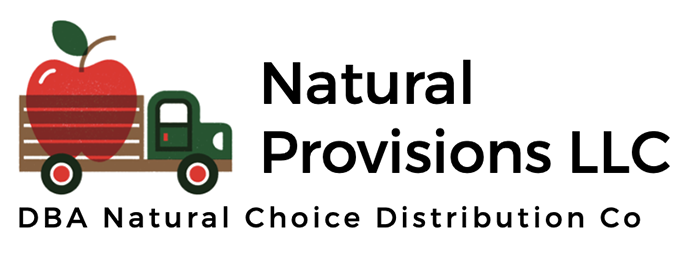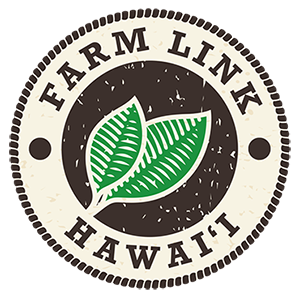Impact investing is complicated. How do you balance impact and investment returns, local vs. global impact, 17 Sustainable Development Goals, debt, equity, and revenue-sharing? All while deciding whether to invest from your savings, your family office, or your foundation or donor-advised fund?
Realize Impact is here to help make impact investing easy. We know how to make impact investments, create impact, and then harvest the investment returns. What we are looking for are your recommendations for impactful investments, and the capital to make those investments.
All it takes are three simple steps:
1.
Make a grant from your donor-advised fund, foundation, or your own funds, recommending an impact investment
2.
Realize Impact does the diligence, reviews the terms, and makes the debt, equity or revenue-based investment.
3.
We donate 99% of the investment returns to your recommended DAF, foundation or other 501(c)(3) nonprofit.
Or in other words, you do the easy parts and we’ll do the complicated parts. When you find a good impact investment, tell us about it. We’ll spread the word so that others can join in too, helping catalyze your capital into yet more impact. Later, if the investment turns out to be fruitful, we’ll put almost all of those returns into a donor-advised fund, foundation, or charity, so it can do even more good for the world,–or give us a new suggestion and we’ll invest that capital again and again and again.
We do this for one low flat fee:
$500
$500 for investments
of $10,000 or more.
$0
* There is no fee for investments under $10,000, but the investment returns will not be re-donated.
Philanthropic Investment Grant
See the details on the Philanthropic Investment Grant or fill out our PHIG Recommendation form to get started.
See the FAQ to answer the most frequently asked questions about this service.
And yes, the service is as simple as it sounds, by design.










